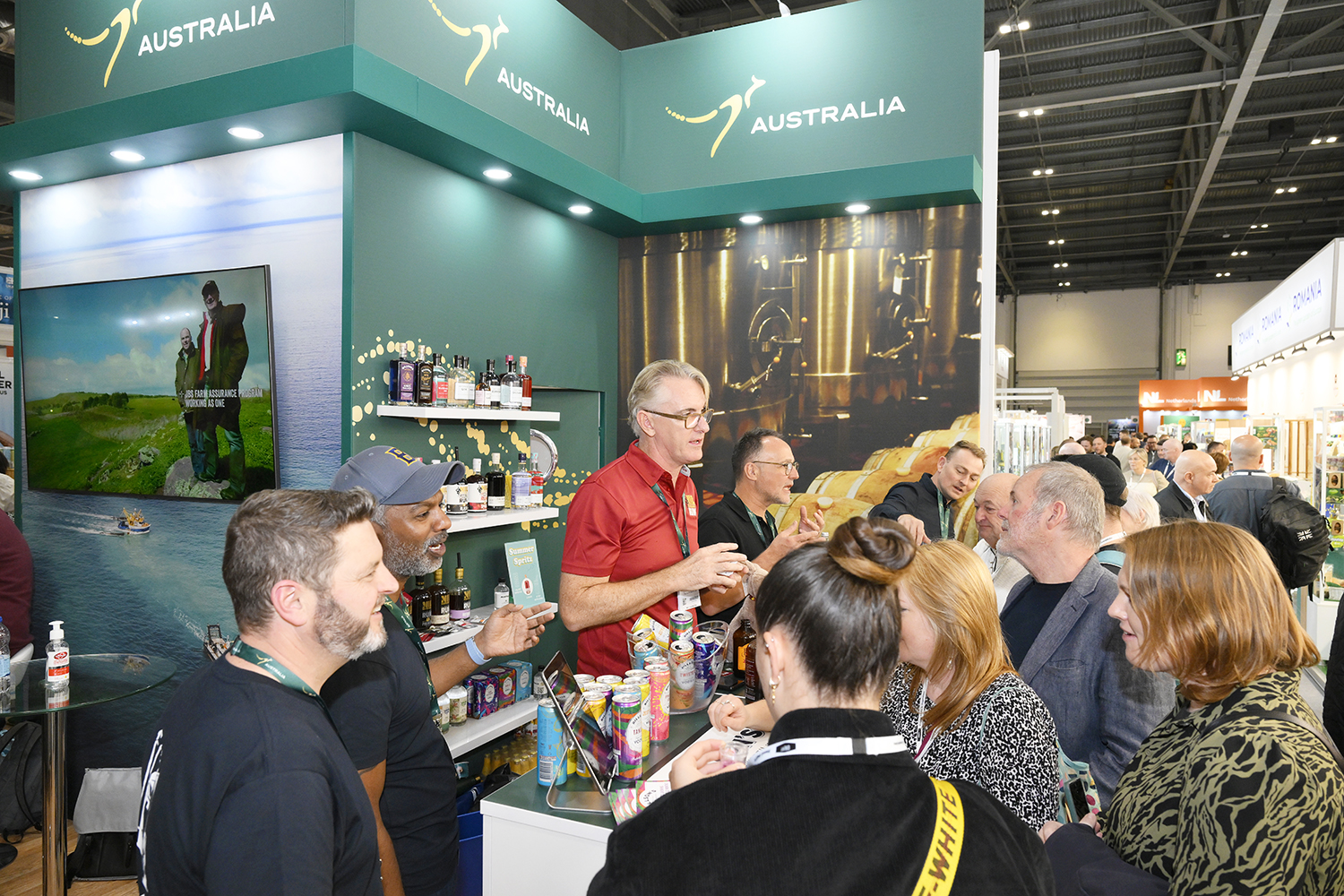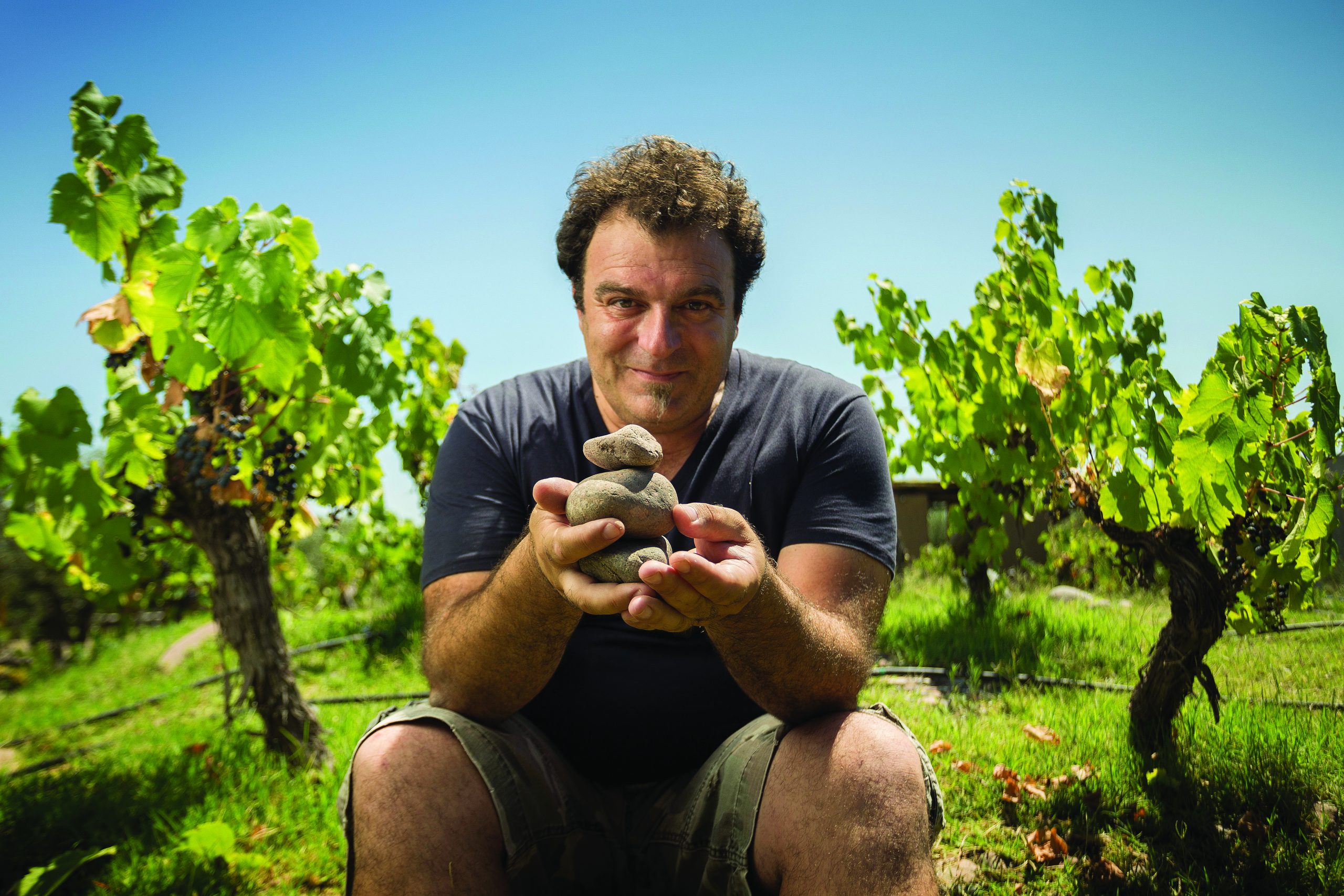This website uses cookies so that we can provide you with the best user experience possible. Cookie information is stored in your browser and performs functions such as recognising you when you return to our website and helping our team to understand which sections of the website you find most interesting and useful.
English whisky takes global inspiration
By Gabriel StoneA new distillery set to begin production in the Cotswolds next month is drawing on Scottish expertise and a Taiwanese model in a bid to emulate the success of the US craft whiskey scene.
The Cotswolds Distillery
Set up by New Yorker Daniel Szor, a former hedge fund manager who now lives near Chipping Norton, the Cotswolds Distillery is aiming to join a growing band of English whisky producers, although its initial commercial focus will be gin.
Outlining the background to this venture, Szor told the drinks business that the idea stemmed from his desire to find a project that would enable him to be based in the Cotswolds full time. “There was no one distilling and there was a lot of barley,” he recalled, explaining that he eventually began pursuing the initiative seriously in May 2013.
Already a fan of whisky, Szor had witnessed for himself the rise of the craft spirit trend in the US. “As a whisky buff I would go to these shows like Whisky Live and see all these single malts and Bourbons,” he remarked. “Suddenly there was a whole load of smaller guys – there’s been something like 500 new distilleries in the US in the last five years.”
Szor was then able to tap into Scottish expertise thanks to his close connection with Islay producer Bruichladdich, where he has kept a cask in storage for the last 10 years. As a result, the team, which is headed up by a former member of Chase Distillery, Alex Davies, can draw on the whisky experience of ex-Bowmore manager Harry Cockburn and cask specialist Jim Swan.
Szor’s Scottish connections also helped him to overcome a three-year waiting list with Scottish still maker Forsyths, who alerted him to a cancellation order for a still that was almost exactly the same size he was looking for and delivered it earlier this month. “It was all very, very lucky,” he admitted.
Having also taken delivery of a German Holstein still for gin production, the distillery is currently in the process of installing these new arrivals but, according to Szor, “we shall be ready to commission by the end of August.”
Despite his affection for Islay whisky, Szor acknowledged that the single malt style produced in his own distillery will be rather different. “I guess we have the luck to be able to define what the Cotswold terroir for whisky really is,” he remarked. “What the Cotswolds represents to me is an incredible agricultural abundance in terms of grain and fruit.”
In order to complement this character, Szor plans to incorporate some Sherry cask expressions into the range. However he indicated that, for the moment at least, age statements were not going to be an important focus.
The new Forsyths stills in place
“The big trend in the trade is to move away from age statements,” he observed. “You’d be hard pressed to find one in the new craft distilleries in the States.” Moreover, argued Szor, “with today’s technology I don’t know that age is so important.”
To support this claim, he highlighted the “mindblowing” example of Taiwanese whisky brand Kavalan. “They make a five-year-old you would have sworn was 10 years old at least,” maintained Szor.
“There are a lot of tricks and techniques one can use to create a fuller flavour sooner without resorting to what a lot of people in the States are doing with new wood or smaller barrels.”
Highlighting the importance of Swan’s cask expertise for emulating Kavalan’s results, Szor pointed to “STR” – Shaved, Toasted, Recharred – as a particularly valuable barrel treatment process that “will work its magic relatively quickly.”
With an initial target of producing around 150,000 bottles per year, the first batch of whisky from The Cotswold Distillery is due to be bottled in 2017 after the legal minimum three year maturation period.
Prior to bottling, the casks will be matured in a former bonded tea warehouse in Liverpool’s Mersey docks run by Plutus, although Szor hopes to construct his own storage facility for at least a proportion of the stock in the near future.
For the moment, however, the distillery’s commercial focus will be channelled into the faster process of gin production. Again, Szor comments on the dynamic shift within this category recently.
“I’ve always liked gin but like everyone else it’s been amazing to look at what’s happened in this sector in the last few years,” he commented, adding: “I don’t think you’ll see a vodka from us – odourless, flavourless, colourless – it leaves me totally cold.”
Partner Content
However, Szor did indicate that other types of spirits could also join the range in future. “There’s such great fruit out here – apples, pears, damsons – so we want to do different things with them,” he remarked. “Germany is still the best at highly aromatic eaux-de-vie, but there are also oak-aged brandies, which are bigger in Europe than here.”
“Botanical library”
Meanwhile, in order to refine the distillery’s gin offer, Szor has just recruited a “Chief Botanical Officer” in the form of a Cotswold-based botanist who, he noted, is “familiar with all the things available around us.”
The tasting room
Until the Holstein still can be fired up, a three-strong distilling team is in the process of building up a “botanical library” using some miniature stills. “We want to get the essence of a botanical in its natural state,” explained Szor. “We already have 30 different bottles and there are 100-150 botanicals on the list.”
Once official production gets underway, Szor outlineed a plan for three tiers: a core flagship gin, a number of variants and then a series of quirky small batch gins which will be available only from the distillery shop.
Although no firm botanical recipe has been defined yet, he picked out a camomile and hop flavoured blend created recently by one of the distillers as the sort of creative approach customers can expect to see.
As with production, Szor outlined a three-tier system for his eventual sales strategy. The first tier, which he described as “not the most profitable but very important”, is local distribution, which will be managed in partnership with specialist distributor Cotswold Finest.
“It’s so important for a craft distiller to own your own back yard,” insisted Szor, who also outlined a longer term plan for “pop-up” tasting bars in tourist friendly local towns such as Bourton-on-the-Water and Broadway to tap into “coach trips who maybe don’t have time to visit the distillery.”
Looking further afield, Szor confirmed that he is already in discussion with key players in the national UK drinks distribution sector and revealed that has brought in a former Diageo employee to help establish an export business. “We’ve already had call-ins from Norway for the whisky and the gin as well,” he reported.
As for the prospects for the nascent English whisky category, Szor acknowledged that there is little prospect of much support from whisky producers north of the border. “The Scots will jealously hold onto everything in terms of marketing,” he commented, while dismissing the widely promoted notion of Scottish water being a vital quality component.
The whisky-themed garden
“It’s a pet bother of mine,” said Szor. “The influence of water on a scale of 1-100 is 1 or 2 compared to the wood, the still or what type of cuts you decide on. You’re boiling the water and taking all the flavour out.”
In the absence of help from their neighbours, he expressed a hope that the English whisky revival would emulate the camaraderie seen within the US craft distillery scene.
“All the craft whisky distillers in the US are not even a fly on the back of the major producers – there’s so much room for them to grow,” Szor maintained. “But you don’t sense any real competition between them; it’s very collegiate, the little guys versus the big guys. They share ideas and together they formed a lobbying group for a tax break on smaller businesses.”
It is this same tax issue that Szor identified as a major “barrier to entry” slowing the expansion of the UK craft distillery scene. For anyone considering joining the movement he cautioned: “This is not a cheap endeavour.”





